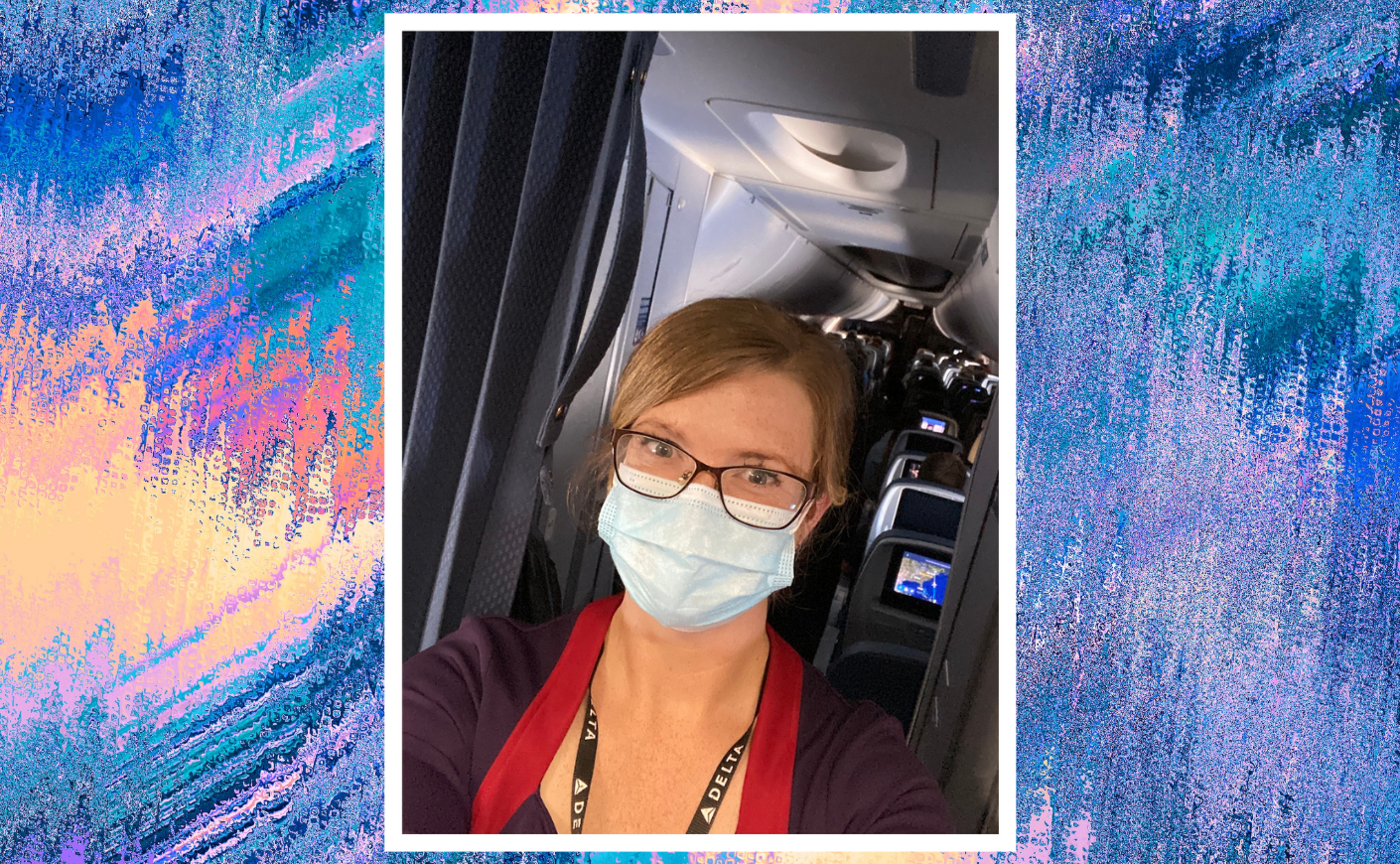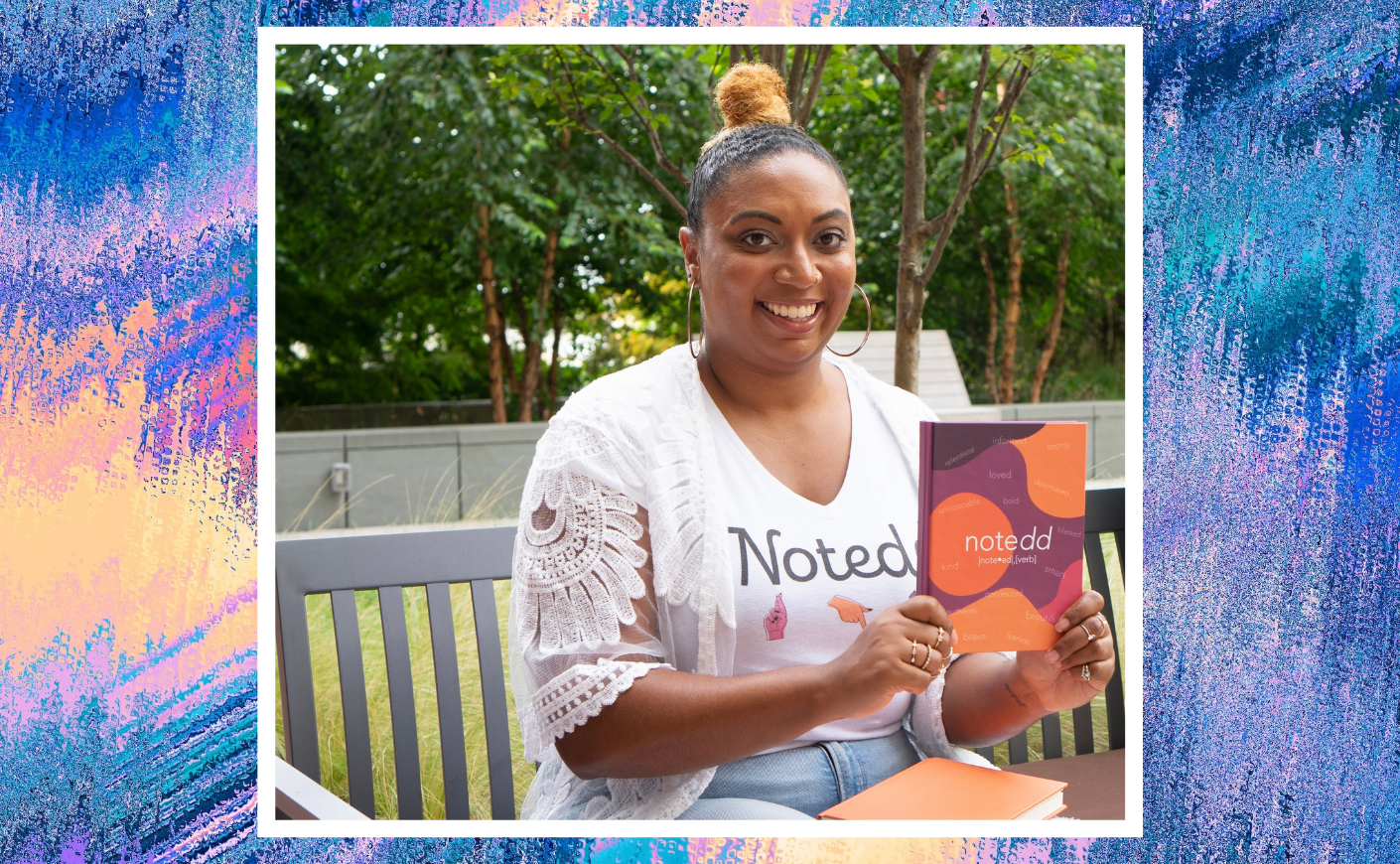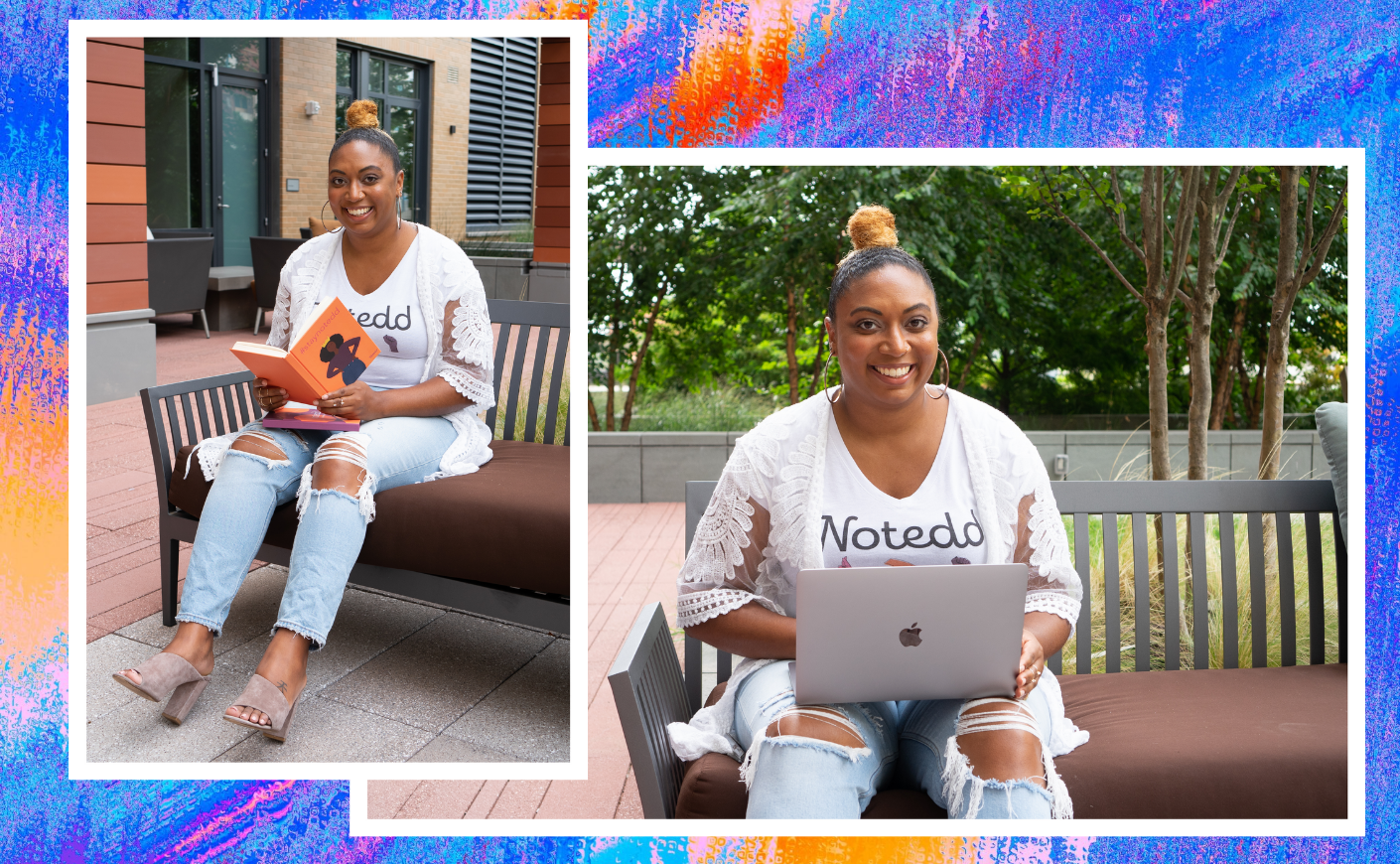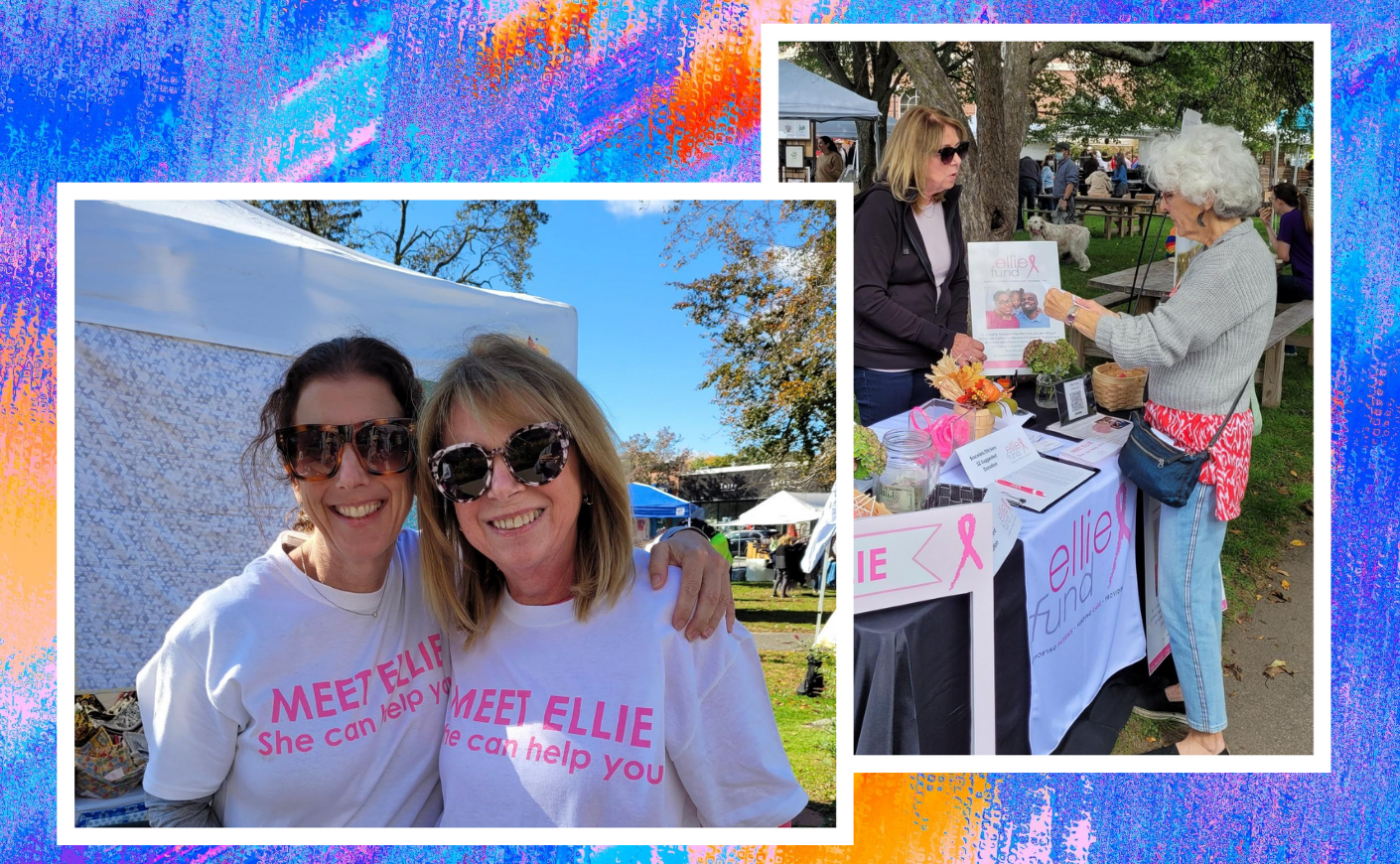Winners never quit — or so the saying goes. But lately, it’s become glaringly obvious to millions of Americans that they can get ahead by doing exactly that.
The numbers are staggering: More than 38 million workers voluntarily left their jobs in 2021, giving rise to what’s being called the Great Resignation. The effects of this exodus are varied; for consumers, it might mean slower service at a restaurant or waiting longer for something you want to buy. But for workers, the shake-ups of the Covid-19 pandemic (including more flexibility, greater opportunity for remote work, and employers who don’t have the upper hand they once did) have led to what LinkedIn career expert Andrew McCaskill describes as “a career awakening happening across the country.”
All those headlines about workers quitting en masse can make it pretty tempting to jump on the bandwagon yourself. And for many folks, now is the right time to make a change. (If you’re considering putting in notice, these three questions will help you sort through your options.)
But what happens after you quit? We spoke to three women who took the plunge to find out how they made the decision, what they ended up doing next, and how they’re feeling about it all today.
The former flight attendant who’s soaring to new heights

When Sarah McWilliams Guerra took a job as a flight attendant for Delta Air Lines, the then-27-year-old thought of it as a simple gig to help her get insurance after she’d aged out of her parents’ plan. But it turned out to be the perfect fit.
“I used to tell my husband I would leave him before I left Delta,” says Guerra, now 36 and living in St. Petersburg, Fla.
She loved the great pay, the opportunity to travel the world, and the polite customers she dealt with. “Delta’s passengers were all business travelers, so they wanted their Woodford neat, and they wanted to be very busy on their computers for the whole flight,” she says. All in all, the work was “a dream.”
On March 4, 2020, Guerra welcomed her second son. Within days, the country was in a pandemic-induced tailspin. Her maternity leave ran out at the end of April, but Delta was offering voluntary furloughs while the airline industry suffered through its worst business in years. Eager for more time with her children, Guerra took the unpaid leave.
When she returned to the skies in February 2021, the job she once loved had become “a nightmare.” On top of a severe staffing shortage, flight attendants were now dealing with a whole new kind of passenger; the typical business travelers were replaced with people who had snagged discounted tickets. Many of them were aggressive and combative. The biggest frustration was customers who refused to follow the face-mask mandate.
“One passenger refused to wear their mask, called me a bitch, and we had to turn around and get them off the plane,” Guerra recalls. “That takes a lot of time. That makes other customers delayed, and it makes our layover shorter. And it was happening constantly.”

She couldn’t bear the disruptions and unpredictable schedules any longer, but the thought of leaving was nerve-wracking. She worried about how she’d adjust to a typical 9-to-5 after the flexibility of being a flight attendant — and about how she’d be perceived after seven years in that highly specific career.
“There is a reputation that some flight attendants are brainless, which isn’t true. I’ve flown with lawyers and nurses,” Guerra says. Because she feared the stereotype could limit her options for a new role, she started looking for customer service jobs. “I thought, ‘Someone will hire me for this.’”
Then, a lucky break: She found a remote job at Squaremouth, a travel insurance aggregator.
“The chief marketing officer saw it: Who knows better what can go wrong with travel than a flight attendant?” she says. “I had an interesting insight into travel insurance that other applicants didn’t. My background, which I thought would be a hindrance, gave me a leg up to get this job.”
After ending up in exactly the right place, Guerra’s advice to others is not to make a rash decision to quit without a plan to keep paying your bills. She took a pay cut to accept the new job, but careful budgeting means her family hasn’t had to sacrifice any essentials. Most of the income she gave up was supplemental, like working extra flights to pay for vacations.
She’s thinking a lot about how she might feel when the worst of the pandemic is truly behind us and flying feels more normal again. But for now, she’s “never been happier” in her career, and her satisfaction is for not just herself, but every worker who’s been given the chance for a fresh start.
“Finally, the labor market has some control and power,” she says. “It’s absolutely incredible to have people realizing they don’t have to do what they were doing. The pandemic created that opportunity for me — and gave me the courage to get outside of something and realize I can do more.”
The former consultant who’s blazing her own trail in media

Ever since leaving her job last summer, Lauren Strayhorn feels more energized and passionate about her work than she ever has. And she owes it all to her new boss — herself.
The 28-year-old Maryland resident is a public relations and marketing whiz with experience working for food and consumer brands. But as the pandemic set in, she was several months into a job at one of the “big four” consulting firms, pivoting her focus to clients in government and the public sector. The salary was great, but all the while she had another project competing for her attention, and it meant a whole lot more to her than her day job.
Just before starting that consulting role, Strayhorn had launched Notedd, a digital media company specifically tailored to Black women. She got the idea while she was working on her master’s degree at Georgetown, where the heavy workload left her with little time to scour the news.
“So I decided to subscribe to newsletters,” she says. “That was the best and most convenient way for me to stay informed. But unfortunately, the newsletters that I was consuming just did not look like me or sound like me.”
She turned that realization into a research project, speaking to more than 100 Black women about where they got their news and what they felt was missing in the market. Armed with all that information, she sent the first Notedd newsletter in April 2019.
Meanwhile, she was still plugging away at her consulting job, which left her with very little time to devote to her side hustle — or herself in general. “Work-life balance is not achievable in the consulting world,” she says. Then came the pandemic, which gave her the clarity she needed.
“I was no longer commuting. I was now rolling over and working from my bed, and I could put more time and energy into Notedd,” she says. “So that was sort of the last straw. I realized how much of an interest I had in that and the community I was creating.”

Thanks to her intuition and the guidance of a business coach, Strayhorn knew she had to make a change. “It really netted out to, ‘This [job] is not what is fulfilling you, so how do we create a plan that will?’” she says. She ultimately decided to quit and earn money as a freelancer while also having the freedom to develop Notedd.
“I put in my two weeks’ notice, and I didn’t have a job lined up,” Strayhorn says. “I just knew with the plan that I had set up with my coach, I was committed to finding a freelance role and really being committed to Notedd.”
Two days before she left the consultancy, Strayhorn got her first freelance job offer, working as an external communications manager for a nonprofit. It was full-time at first, but now she’s moving toward limiting her freelance work to 25 hours a week so she can devote the rest of her time to her growing media company.
One of Notedd’s big upcoming projects tackles an issue Strayhorn has experienced firsthand — the pay disparity between Black women in media and their white male counterparts. “It’s full circle to come around and shine a light on that," she tells us.
Strayhorn says the move has paid off not only figuratively but very literally — she’s currently making more money working for herself than she did at the consulting company.
“Making this pivot has really brought out my inner confidence,” she says. “Unfortunately, not a lot of women of color are in my position to be able to ask for and do what they really want to do and be successful in it. So I hope I’m setting the trend for others to follow suit, so they can be more confident to ask for what they want and get what they deserve.”
The former administrator who’s helping others beat cancer

Nancy Wright never saw herself as the retiring type. In fact, she calls it “that R-word.” She’s happiest when she’s engaged, busy, and in the middle of the action — the kind of person who didn’t cope well with the lack of human connection that comes with a global pandemic.
Wright, 72, ran a floral design studio for 21 years, but a decline in retail caused her to close up shop in 2014. Not one to slow down, she took a job that same year as the administrative head of a division at Babson College in Wellesley, Mass., where she’d gotten her MBA.
“For the first five-and-a-half years, I loved what I was doing,” Wright says. “The reason was that I had direct contact with the faculty and students, and I worked very closely with them to coordinate different activities — hiring, scheduling, helping professors with their lesson plans. But once Covid hit, we were stuck in our home offices and there was no contact at all with the faculty and students.”
The time away from the parts of the job that invigorated her most only intensified a feeling she was already having. Her priorities had shifted significantly in 2019, when she was diagnosed with breast cancer. By that point, her interest in her administrative role had already begun to wane, and fighting for her life made it clear she wanted to use her time in a more meaningful way.
“During the many weeks of radiation, I would lie on the metal table waiting for the zap on my left side, and I realized I could be spending my working hours doing something that mattered more to me — and others,” she says.
So while she worked from home as the pandemic raged, Wright began researching other ways to use her time and talents. Soon she discovered The Ellie Fund, a nonprofit that aids breast cancer patients in Massachusetts. Impressed by their impact (and feeling her personal connection to the cause), Wright reached out and volunteered with the group on a limited basis while continuing her job at Babson.

But it didn’t take long to see that her volunteer work meant more to her than what she was getting paid for, and in late 2020, she officially quit. Since then, she’s been fully immersed in The Ellie Fund — delivering meals to cancer patients, researching resources and services they may not know about, raising money, and launching a support group called Ellie Talks.
“I love it,” Wright says. “I’m their go-to person, even if they need something done 50 miles away. Like, ‘Sure, let me just deliver this Thanksgiving dinner.’”
Wright isn’t paid for this work, and she knows it’s a privilege that she and her husband are financially secure enough to allow that. But she never considered calling it quits and lounging around the house to be an option. She’s busier now than she was at her last job, and the meaningful work (along with the fact that she’s now cancer-free) has her feeling fantastic. “I’m taking better care of myself than I ever did before because I’m not sitting in an office for eight hours a day,” she says.
The Great Resignation didn’t directly inspire Wright to leave her job, but she does feel a kinship with the millions of Americans who have made the same choice she did.
“When I made this decision, this was not something that was in the news. It was just something I did for myself,” she says. “But now that I see it, I get it. I have so many friends who have been working from home and it’s like, ‘I can’t do this anymore. I need to be doing something different.’ People are reevaluating everything, and I understand that.”













